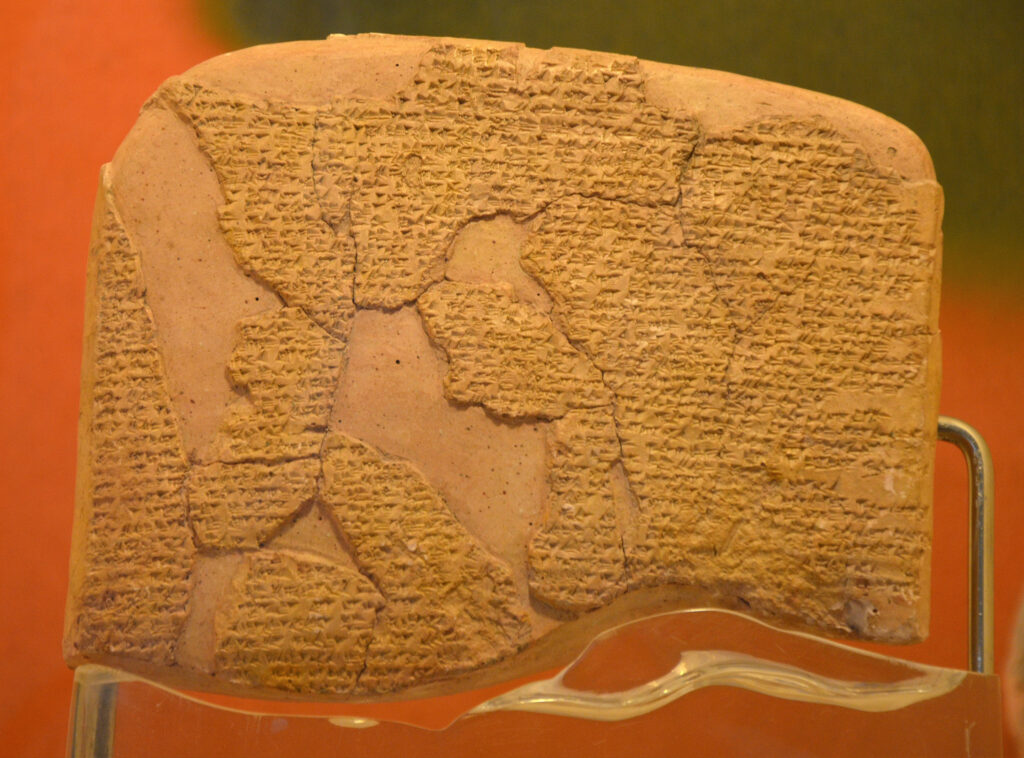Time for a Leap for Middle East and Israel: The Abraham Accord
Man can live in eternal state of peace but living in eternal state of war is impossible for him. This adage has stood the test of time. It proved its significance yet again when on August 13, 2020, a joint statement was issued by United Arab Emirates and Israel about a Peace Treaty aimed at initiating a process of normalization of diplomatic relations between the two nations.
The highlight of the announcement was that Israel offered to suspend its plans to annex large parts of the occupied West Bank. A certain section of Mr. Netanyahu’s vote-bank still does not support the idea of suspension of annexation. But the truth is that that any future annexations would destroy the nascent peace efforts between these nations. That being said, it is too big an opportunity for the involved states to ignore.
Being a point of convergence for the Abrahamic faiths, this Treaty is said to make conditions more conducive for allowing people of Islamic faith to visit the revered religious sites in Jerusalem, especially Al-Aqsa mosque, which is among the three most holy sites for Muslims in the world. This bilateral agreement is to be inked in Washington D.C. on September 15, 2020, in the presence of the President of United States, Mr. Donald Trump. This Agreement will be known as ‘Abraham Accord’ after Abraham (or Ibrahim), the patriarch of the three monotheistic faiths – Christianity, Islam and Judaism. Its fundamentals resting on establishing peace and compassion in the region.
In 2015, while speaking on the role of faith at the Global Agenda Council, Professor Klaus Schwab, Founder and Executive Chairman of the World Economic Forum said that, ‘Values cannot be justified by the intellectual process alone. Faith must be involved.’ However, very often religion is hailed as the reason behind conflicts worldwide. My view is different in this regard. As per my study, all religions of the world subscribe to peace and compassion; what turns into conflict is the lack of tolerance on the part of practitioners. So the root cause for the conflicts is not religion but the lack of patience and harmony among those who profess these faiths.
Since the recorded history of mankind, options antagonistic to tranquillity have always been the first ones to be considered. Only once all efforts drown in vain, do the involved parties resort to charting out a peaceful resolution to the issues. The first recorded Peace Treaty was known as the Treaty of Kadesh, which transpired 3000 years ago after a gruesome battle between the Hitties and the Egyptians, the two superpowers of the Bronze Age. Seeing no possible end to destruction after fifteen years of relentless conflict, both sides realized that neither could gain advantage over the other so they started exploring the path of peace. The two sides then signed the Treaty of Kadesh, where they agreed to share their knowledge and experience and promote development. Hitties who were skilled in metalwork taught their Egyptians counterparts how to make superior weapons and tools while the Egyptians, who were masters of agriculture, shared their knowledge of farming with the Hittites. This Treaty was such a landmark that to honour its memory, a replica has been placed in the New York Headquarters of the United Nations.

The first recorded Peace Treaty was known as the Treaty of Kadesh, which transpired 3000 years ago after a gruesome battle between the Hitties and the Egyptians, the two superpowers of the Bronze Age.
After signing the Abraham accord, UAE shall be the first nation of the Persian Gulf and third Muslim nation to sign to come to peace terms with Israel. Historically, since the birth of Israel in 1948, there have been at least two similar agreements that were signed to reconcile the situation between the Arab world and Israel – one in 1979 between Egypt and Israel and another in 1994 with Jordan. But the current Treaty has a special importance. UAE has a stronghold in the Gulf region and an accord between UAE and Israel has the potential for a far reaching impact in the region. The UAE Government has spearheaded several pivotal initiatives with the view to enable harmonious relations between people of different faiths. The first-ever visit of Pope Francis to UAE, signing of ‘Declaration of Human Fraternity’, initiative to construct an Abrahamic Family House and the grant of land for building a temple – these policies demonstrate a clear vision and optimism for the betterment of this region.
For decades, Arab nations and Israel have been at loggerheads with one another. The previous two treaties were not much of a success because they settled for the impossible: justice before peace. Not only did it result in monetary losses but also led to loss of innumerable lives. At this precarious point, the Abraham Accord is like a ray of hope which must be nurtured. Doing so will offer peace and open greater opportunities for development and once these opportunities are availed, it shall mark a transformative step in the development of this region.
Few days ago, Bahrain announced normalization of relations with Israel, making it the second country to head in the direction of peaceful efforts. Prime Minister Netanyahu has emphasized on the historical importance of these peace agreements and to mark its significance, he would be in Washington D.C. himself to sign the normalization agreements with the United Arab Emirates and Bahrain. Now all eyes are set on other Muslim nations and most importantly on Saudi Arabia. Though Saudis have not officially announced anything but as a gesture of goodwill, they have allowed Israeli flights to use their airspace. The statement by Sheikh Mohammed bin Abdul Karim Al-Issa, secretary-general of the Muslim World League, saying that “With our Jewish brothers, we have concluded agreements and mutual cooperation, and we love them and respect them greatly,”
is also being hailed as a positive signal from the Desert Kingdom. While nations like Turkey, Qatar, Iran are yet to realise the importance of this step and are waiting to cross the fence, the signs are positive for a new
beginning in this strife-ridden region!
The importance of harmony in this region cannot be overstated. The only precondition would be the commitment of those involved to bury past issues and look at the unlimited opportunities that can present themselves in the future! It is times that nations decide what they want to leave behind for the generations to
come: a trail of conflict, poverty and despair or a new road leading to hope, peace and progress.
